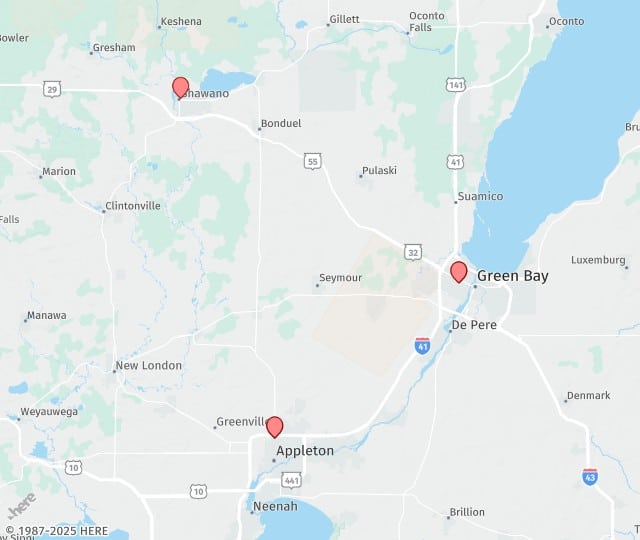Low vision affects millions of people in the United States and is often associated with blurred vision, blind spots, tunnel vision, or other forms of impaired sight. Low vision as defined by The Vision Council is visual impairments that are not correctable through surgery, pharmaceuticals, glasses or contact lenses.
Low vision affects people at any age, but the conditions related to it are usually found in aging adults. Most cases of low vision are treatable if diagnosed early.
Disorders that often lead to low vision include:
- Age-related macular degeneration – This condition affects the macula, which controls crisp central vision. In the dry form of the disease, tissue in the macula breaks down slowly, leading to a steady loss of vision. The wet form occurs when blood seeps from abnormal vessels under the macula. This form causes rapid loss of central vision.
- Glaucoma – This group of conditions is largely related to the pressure within the eye being too high, which leads to optic nerve damage. There are often few, if any, warning signs; peripheral vision loss can be the first symptom of having glaucoma.
- Cataracts – More than 20 million Americans have cataracts – a clouding of the lens of the eye. This disease leads to blurry vision and is usually readily treatable.
- Diabetic retinopathy – High blood pressure can damage blood vessels, especially those located in the eye. This damage can lead to retinal detachment, which results in vision loss.
In addition to medical and surgical treatments for low vision, there are several other options those suffering from such conditions can use to improve their sight. Devices to see nearby objects, such as for cooking, eating or reading can include optical handheld magnifiers, free-standing optical magnifiers and glasses (or spectacle) magnifiers. For viewing distance (as needed for watching athletic events, concerts or sightseeing) monocular telescopes are popular so you don’t miss out on the action.
Losing visual acuity affects people in other ways beyond simple loss of vision. For instance, low vision can lead to an increased rate of falls (especially in older generations), bouts of depression, reduced independence, and lower quality of life.
If caught early, many of the diseases that lead to low vision can be treated medically or surgically. This is why annual eye exams are important, especially as we age. If you feel your vision’s acuity has diminished or you have been diagnosed with any of the diseases related to low vision, contact Tower Clock Eye Center at 920-499-3102 or request an appointment online.
Tagged with: blog, Eye disease, eye health, Low Vision, Tower Clock Eye Center
Posted in: Blog, New Announcements, Uncategorized

